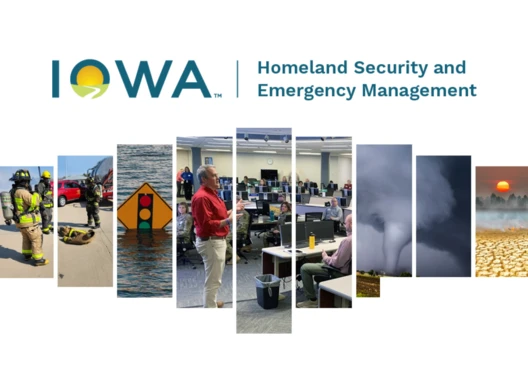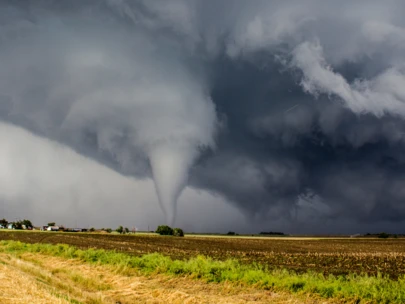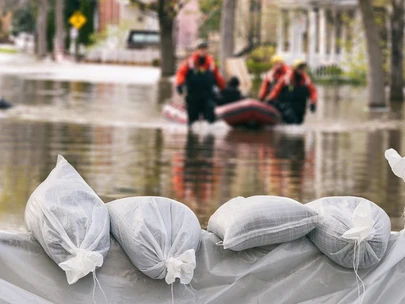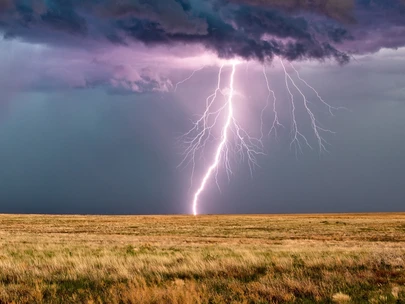
Are you ready, Iowa?
Emergencies are a part of life. Whether tornadoes, floods, or winter storms, emergencies can occur quickly and without warning. We can't prevent emergencies, but we can prepare for them.
Make a plan. Build a Kit. Be Aware.

Iowa Homeland Security & Emergency Management
Iowa HSEM has been working to make Iowa more prepared for emergencies and disasters since 1965. Our emphasis is on maximizing resources and building core capabilities that ensure we are prepared for all hazards.
Disasters and emergencies
-

Tornadoes
When a tornado is coming, you have only a short amount of time to make life-or-death decisions.
-

Floods
Floods are the most common natural disaster. Learn how to stay safe when a flood threatens.
-

Severe Thunderstorms
Know your area’s risk for storms. In most places they can occur year-round and at any hour.
RESOURCES
READY IOWA has social media resources that you can share to promote preparedness in your home and community.